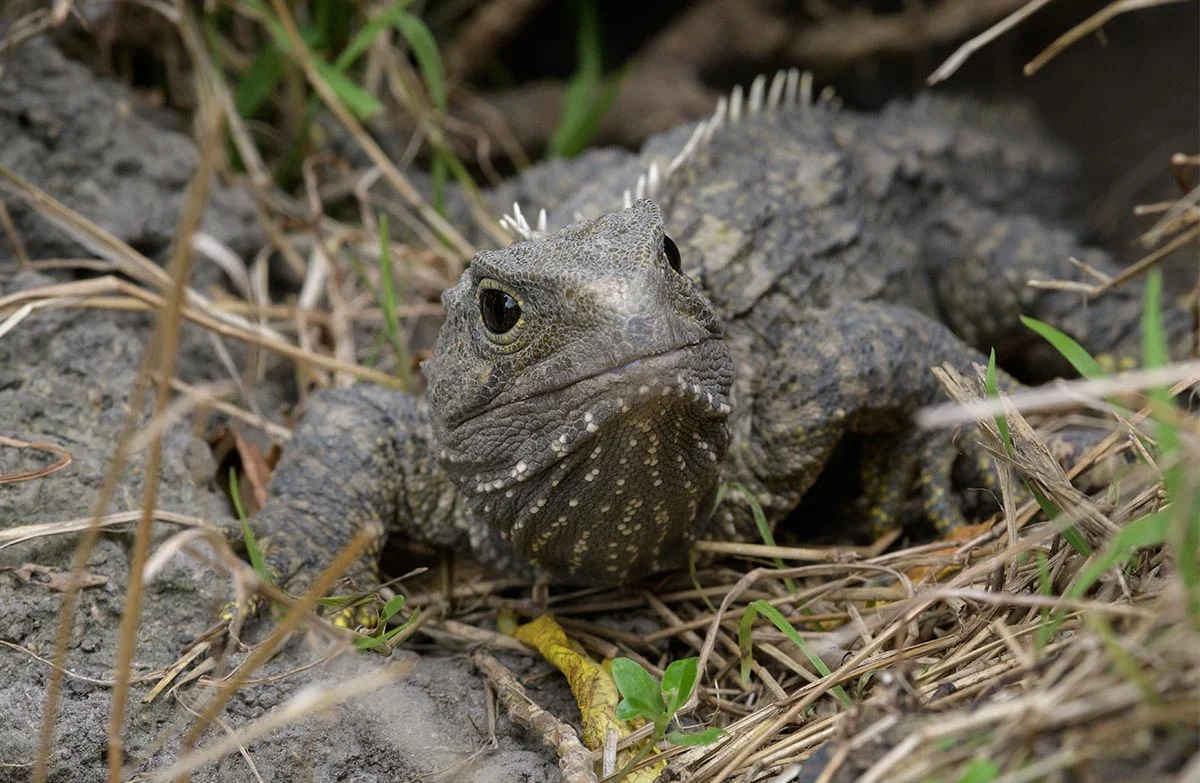The Government is strengthening New Zealand’s biosecurity system as part of Budget 2022 to help protect our vital primary sector and native flora and fauna, Biosecurity Minister Damien O’Connor announced.

Prime Minister Jacinda Ardern and Damien O’Connor visited the national bulk milk testing laboratory MilkTestNZ in Waikato today to mark the success of the Mycoplasma Bovis (M. bovis) programme and announced funding of $42.9 million to bolster the biosecurity system as part of Budget 2022 and $68m over the next year for M. bovis eradication.
“New Zealand’s flora, fauna and livestock are the foundations of our primary sector, economy, rural communities and our economic security,” Damien O’Connor said.
“The world is reopening from the pandemic. With increased travel alongside a warming climate we face challenges from pests and diseases, which requires further investments to strengthen our biosecurity system.
“New Zealand’s primary sector revenue has continued to grow with a record $50.8 billion forecast for the year ending June 2022 and it is vital that farmers’ and growers’ work is protected by a strong biosecurity system.
“This support is aimed at protecting biodiversity, bolstering biosecurity, improving marine system resilience, and enabling climate resilience. A strong biosecurity system helps protect the productivity of New Zealand’s most important export sector and guard our taonga species.
“New Zealand has a world-class biosecurity system, but we need to ensure we can meet the challenges presented by increased cargo freight, and from pests like the Brown Marmorated Stink Bug.
“Biosecurity protections were based on a multi-layered system to reduce risk and manage incursions when pests arrived.
“There is biosecurity work conducted offshore (pre-border), at the border, domestically within New Zealand (post border), and through our trade. As much risk as possible is managed offshore while still enabling trade to flow. All goods, craft and passengers that cross the border are screened for risk and there are many activities within New Zealand to eradicate pests or reduce their harm.
“We’ve shown with Mycoplasma bovis what we can achieve together when an incursion happens, but we want to reduce risk as much as possible to prevent the costs and effects for individual farmers and growers.
“We are chasing down the last remnants of M. bovis and that’s a credit to all involved and Budget 2022 includes $68m for this eradication programme over the next year.
“Ideally, we want to avoid the costs of incursions and it’s important all New Zealanders, not just farmers and growers, see biosecurity as important and I encourage them to report concerns via our pest hotline on 0800 80 99 66, or via our recently launched website at https://report.mpi.govt.nz/pest/,” Damien O’Connor said.
Image Credit: Department of Conservation
Damien, you forget to highlight that NZ is world first to have a deaf prime minister; watch https://rumble.com/v13m8ub-messages-for-jacinda-freenz-media.html
Kiwis returning from overseas were bio-security risk for the 2 years right?
More bullshill for the dumbed down sheeple!!
The only “Bio” not in the conversation is biontech!! Oh thats right we all know the outcome of that BIO!
This is just more fakery, all part of the plan for the dumbed down masses!!!
Why would they spread this, when the plan is to have all living in a city, the elimination of real food replaced with GM food hydro grown for the masses.
Everyone together so population control is complete.